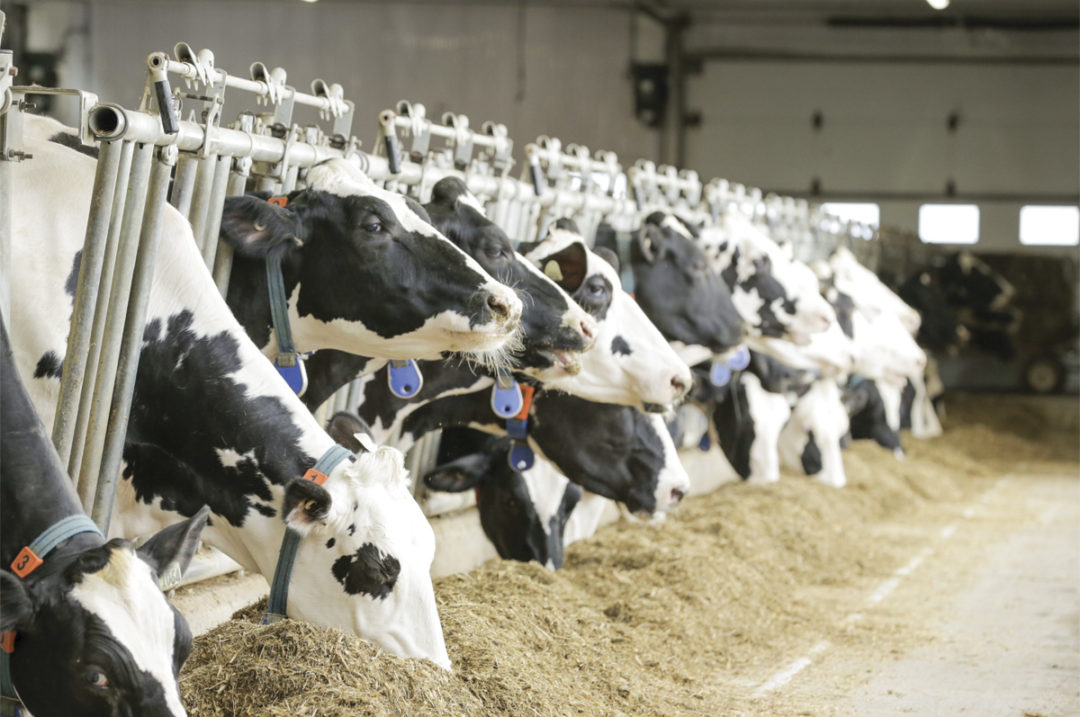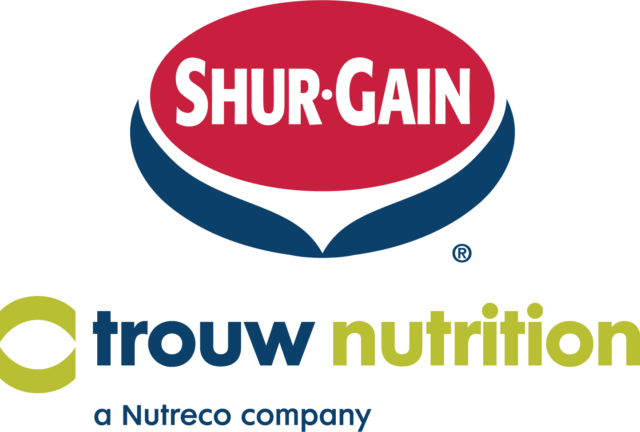Gut health is essential to preserve overall animal health. The gut barrier function guarantees adequate absorption of nutrients, while ensuring a separation between gut contents and the host.
Leaky gut is a term used to describe increased intestinal permeability resulting in unwanted molecules such as toxins and bacteria leaking from the gut into the bloodstream, stimulating an immune response. There are several on-farm circumstances that can impact gut health, including heat stress, acidosis, weaning, poor bunk management, psychological stress and calving. Supporting gut health around calving is critical to optimize performance and preserve health.
Gut health in the period around calving
Several factors can negatively impact gut health, many during the period around calving. This could include reduced feed intake, abrupt diet changes, environmental stress, social and physiological stress, inflammation and infectious diseases.
Increasing the proportion of grain in the diet is a common practice intended to support the high energy demands of lactation, but an increase in rapidly fermentable carbohydrates, including grains, can lead to rumen acidosis and leaky gut. Moreover, high-grain diets increase the amount of starch bypassing the rumen and reaching the hindgut. Hindgut acidosis can occur as a result of starch fermentation in the large intestine. Recent scientific reports suggest that the hindgut is more vulnerable to acidosis compared to the rumen, due to its limited buffering capacity.
Professor Lance Baumgard from Iowa State University says about gut health: “My group and I have been evaluating the traditional dogmas that explain transition cow failure. We believe that most of the problems during transition are responses to immune activation as a result of systemic inflammation.
“We have been studying the effects of the transition from high-forage diets to diets with high levels of concentrate and where in the gastrointestinal tract this inflammation is coming from. This could be the rumen, but we are finding more and more evidence that this could also be the small and large bowel. Soluble nutrients that should have been absorbed in the rumen find their way to the small and large intestine where they cause abnormal fermentation, which causes problems with gut barrier function.”
Leaky gut, inflammation and transition diseases
The gastrointestinal tract has a huge surface that needs to be defended from the outside of the tract and therefore is associated with a large proportion of the immune system. Challenges to the gut barrier function allow for exposure of gut bacteria to these local immune cells and can cause inflammation.
Inflammation is a costly process taking nutrients and energy, which results in direct competition with milk synthesis, a variety of diseases and poor reproduction. Strategies aimed at reducing inflammation can potentially spare energy and nutrients for milk production, but also improve overall health and performance.
How can intestinal health be supported?
- Optimize dry matter intake (DMI)
- Support digestive adaptations
- Minimize stress
Nutritional solutions to support gut health and integrity
Due to the direct contact of dietary supplements with gastrointestinal tissues, nutritional solutions such as feed additives can be used to support gut health. In cows, strategies have focused on rumen health, but targeting the hindgut is an opportunity for further improvement. In cows, a major limitation is the availability of rumen bypass technologies to specifically reach the hindgut with this type of intervention.
Probiotics are live microorganisms that positively influence gastrointestinal ecology, but they are limited to rumen applications. An example is the use of live yeast, which interacts with microbial populations, ultimately improving digestibility and rumen function.
Prebiotics are feed ingredients that are non-digestible for the host but are fermented by the microflora, selectively stimulating the growth and function of beneficial bacteria. They are particularly well suited to target the hindgut, as rumen bypass technologies can be applied to them without affecting their viability.
Supporting digestive adaptation is key to obtaining maximum lifetime performance of modern dairy cows. A failed digestive adaptation results in systemic inflammation, which competes directly with milk synthesis and is also associated with a variety of diseases and poor reproduction.
Maintaining gut health and integrity during the transition to a new lactation is critical to optimizing the immune status of animals. The latest research has shown how different compounds and practices can improve gut health, opening a new era in feeding the dairy cow in a healthy and sustainable way and improving lifetime performance – there is certainly more than a rumen to feed.











